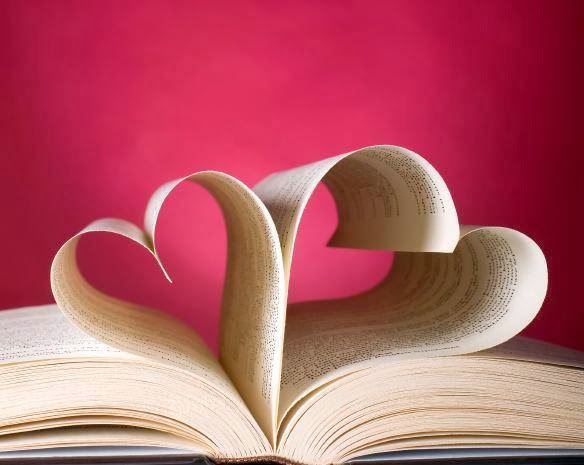Pretty Sure We Know Who We Are...
I recently ran across the article, An Artist in Every Library. Here's a quote: "...[L]ibraries are facing an identity crisis: as the printed page gives way to the e-something, the role of the library as the 'keeper of the books' is fading, and in its stead libraries are looking to redefine their cultural roles."
One: Public libraries (which seem to be what the author was targeting, despite using the general term) are not facing an identity crisis - although public libraries are changing. Our "cultural role" is the same as it's been for a very, very long time - to provide information access to our communities. Public libraries evolve - it's one of the Five Laws of Library Science, "The library is a growing organism." Libraries are growing and changing to fill the information needs of their communities (and, according to their communities, doing a good job of it). Still, the quote above not only conflates "book" with its now traditional format,the codex, it ignores three key facts: libraries are chock full of codices that circulate just fine, thank you, in the digital era; public libraries are major access points for the pubic to electronic content, including e-books, despite inane restrictions placed on libraries by e-book publishers and other electronic resource providers; and the "role of the library" is not "'keeper of the books'" - the role of the library is better analogized as "gateway to information," with librarians providing navigation assistance, and therefore provide so very much more than just "books."
Two: Most public libraries already have avenues in place for what the author is talking about. My library, for instance, offers large meeting rooms that can be reserved by and set up for an artist on a regular basis to provide classes or whatnot. In fact, we do that. We also host parenting classes, early childhood literacy classes, computer classes, book signings, history lectures, and so much more. I'm sure there are grants available to pay for any associated costs, and libraries may waive the cost of reserving the room, given that it's a community education/enrichment program. Perhaps the author would like libraries to enter into more formal partnerships with artists, and perhaps there are libraries that are interested in doing so - but I don't think it's an idea that is going to "save" the public library.
I sympathize with the author. I often feel as though other fields would be much better off if they only had a resident librarian to lean on. Can you imagine how much better Fox News, for instance, would be if they had a librarian to provide quality research and fact-checking for their stories? (Seriously, Fox, get some librarians. NPR has them - they're very helpful, trust me.) (Okay, okay, Fox News, I know, actually does employ librarians. Maybe they should just use them more effectively. Ask NPR for advice re: how to do that.) I also wish lots of fields would staff ethicists, just as a matter of course. And, yes, resident artists would be neat - in fact, I think they'd do a lot more good at places like children's hospitals and prisons than at the public library, but that's just my opinion. It's also neither here nor there - the point I'm making is that, while I'm sure the author sincerely believes resident artists are a great way for public libraries to redefine their role in the community and, I suppose, save themselves from obscurity, I'm not convinced we need the help.
Links!
- Libraries, Books, & Authors
- Science
- Mind Your Moods, Cat Owners "Animal behavior research shows that dogs do this, too. It's not surprising, given how closely dogs are attuned to us — as they have been for many millennia. New research posted this month on the website of the journal Animal Cognition shows that cats may participate in social referencing also."
- Regular Coffee Consumption May Help Protect Against A Form Of Skin Cancer "While the study is certainly interesting, further research is warranted as the investigation was limited. It’s unclear at this stage which ingredient could be exerting these apparent effects. Furthermore, as pointed out by Live Science, the study relied on self-reporting, and participants may have differed in their use of sunscreen."
- 4-Year-Old Australian Boy Receives World’s First Artificial Pancreas
- International
- Other
- City Council passes smoking ban "After a heated and, at times, emotional debate, the city council made history, making New Orleans the largest city in Louisiana to go virtually smoke-free." Good!
- Five Corporations You've Never Heard of Are Making Millions From Mass Incarceration




Comments
Post a Comment